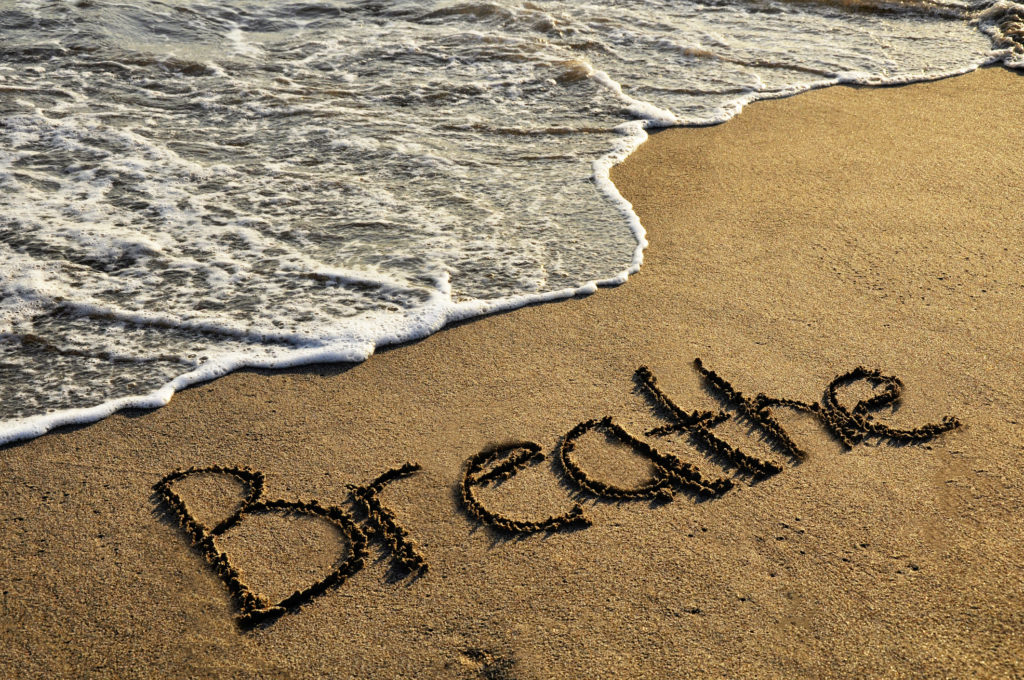
“Breathing is the first act of life, and the last. Our very life depends on it…. Above all, learn to breathe correctly.” ~ Joseph Pilates*
With all that is going on in the world, breathing may not seem to fall into the “above all” category. Breathing is so automatic it is sometimes taken for granted. During the daily stresses of life, breath can be held or forgotten altogether. Sometimes people wonder why breathing is important.
The respiratory rate is one of the vital signs of life and without oxygen the brain would be dead in 10 minutes. In addition to oxygenating the blood, some of the benefits of breathing are that it can help improve posture and activate core musculature.** Breathing can also assist with mental focus, stress relief and even aid those with high blood pressure.
It is true that breathing is controlled by the autonomic nervous system, so it does “automatically” regulate itself without any conscious thought. Oxygenating the blood is the primary purpose of respiration. The body beautifully calibrates itself all the time to adapt the breath to the needs of the body. All of this happens at a level with the organs and like other processes, such as digestion, occurs all on its own.
The interesting thing about the breath is that while it does operate under involuntary control, it is one of the systems of the body that can consciously be controlled. You won’t be able to mentally send a message to the stomach to digest dinner a little faster, but you do have some mind over matter when it comes to breathing.
A number of skeletal muscles are involved in respiration. The lungs do not inflate on their own. They rely on the muscles to make the movement of respiration happen. It’s as muscles contract (like the diaphragm) that a vacuum is created as the rib cage expands and air is sucked into the lungs.
Many of the muscles involved in respiration have a role in posture as well. The breath supports the posture and is also a wonderful tool in accessing the core. For example, the abdominals can be consciously engaged when exhaling. This activates the core and results in a deeper exhalation cleansing out the lungs more than if the breath were passive.
Breathing is not only a vital life function but also has other roles in emotion, expression, speaking and singing. Breathing is the bridge between the mind and body. Because the breath can consciously be controlled, the breath can be utilized to help with mental focus. While bringing us back to a more centered state, physically and mentally, breathing can help minimize some of the negative impact stress has on the body.
Breathing is a natural way to handle high blood pressure. Slow breathing sends the message that the body can come out of “fight or flight” mode. As that happens, the blood vessels widen causing things to flow more easily.
Through the hustle and bustle of the Holiday season, please take care of yourself. Consciously, set aside some time to relax. Don’t let the season pass you by and don’t forget to breathe! 🙂
*Pilates, Joseph H. and William John Miller. Return to Life Through Contrology. Pilates’ Primer: The Millennium Edition. Presentation Dynamics, republished 1998, p 12 &13.
**Fletcher Pilates Program Training Manual
